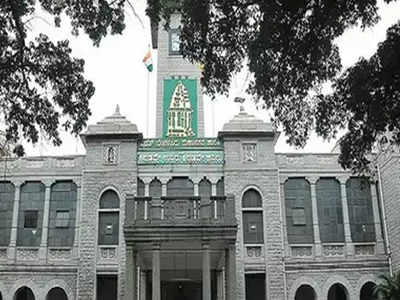The Hindu 13.12.2013
The Corporation’s white elephants

A few days ago, the Kozhikode Corporation missed playing
a pivotal role in the discovery of seven mobile phones from the manhole
on the premises of the district jail.
The discovery
of the phones may change the very course of the investigation into the
RMP leader T.P. Chandrasekahran murder case. The accused, lodged in the
jail, allegedly made calls from the prison premises.
Following
the allegations, the jail authorities approached the civic body to loan
one of its two ‘sucker’ trucks. They wanted to use the truck and its
50-metre pipe to draw out the waste from the tank as part of its
intensive raids in search for the phones.
A health
inspector went to the jail premises with his staff to check out the
premises and make the final plans for the operation.
But he came back to report that the truck was too big and the pipe too short to be of any use at the jail grounds.
“We
just have 50-metre long pipes in our two trucks. There is no space to
bring the truck in. We refused them (jail officials). I don’t know what
they did after that. They must have sought help from private parties,” a
health inspector said.
This was not the first time that the Corporation had refused provision of the trucks for such a use.
Used
to clean septic tanks, the trucks are called white elephants for the
public, a fact admitted even by the Corporation officials.
“We get only two or three calls a month. Rest of them, we just say no,” Babu A.P., a senior Corporation official, said.
In
a city where houses are situated in small plots located in narrow
lanes, access for the truck is almost impossible. Even if the truck
reaches the spot, the septic tank should be located within reach of the
50-metre pipe attached to the truck.
Besides, the Corporation has no place to dump the solid waste sucked out. The public has to provide that.
“Earlier
we used to dispose of the waste in Njeliyanparamba. We stopped after
the local people protested. Now, we insist as a pre-condition that the
applicant should dig a hole in his own compound where we can deposit the
waste,” Mr. Babu said. He, however, agrees that where most people live
in 4 to 5 cent plots here, this is hardly viable. “So we go to only
those houses where the property is large enough to dig a hole,” he said.
With
the trucks mostly of no use, the public resort to unscrupulous private
parties to clean their tanks and dispose of the waste.
Corporation officials said these private parties might be dumping the waste in the city’s water sources.
“If caught, the customer can be fined up to Rs.1 lakh,” an official said.

